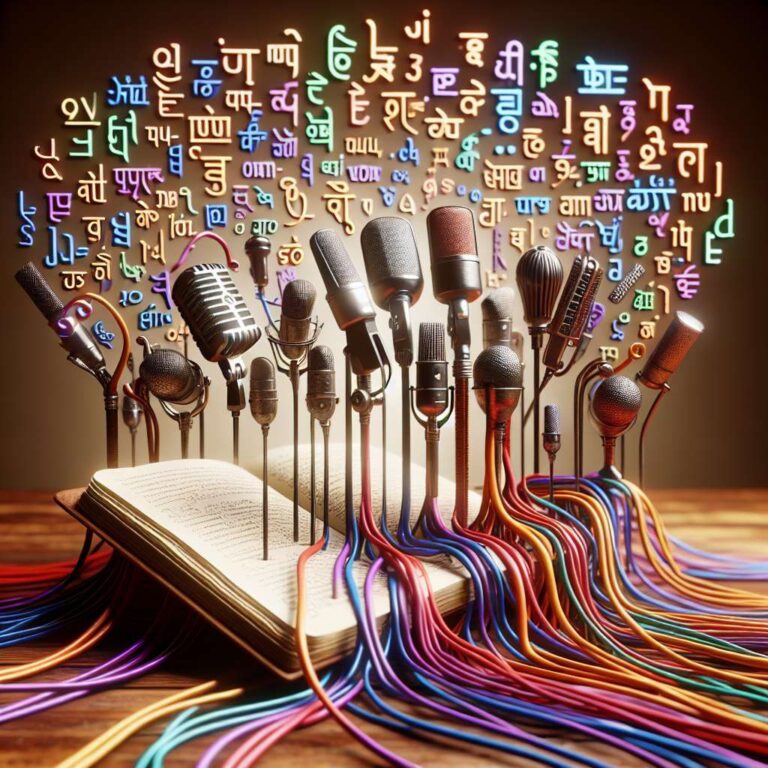Artificial intelligence continues to reshape the landscape of audio production, offering an expanding suite of tools that make voice generation, music creation, and audio editing more accessible and realistic than ever. Content creators, educators, marketers, and language professionals are increasingly turning to artificial intelligence audio tools to streamline workflows and generate high-quality, natural-sounding outputs across multiple languages and formats.
Among the highlighted advancements are Urdu and Hindi voice generators that convert text into fluid, human-like voiceovers almost instantly. These platforms empower users to create content for diverse audiences without relying on traditional recording studios or hiring voice talent. With the surge in regional language content production in places like South Asia, demand for such solutions is accelerating, allowing for rapid expansion of content libraries and spoken material for podcasts, e-learning modules, social media, and automated voice response systems.
Voice cloning technology has also made significant strides, moving beyond science fiction into practical, everyday use. The latest artificial intelligence voice cloning tools can reproduce distinct voices for applications ranging from dubbing to faceless content, voiceover work, and even interactive game experiences. In parallel, artificial intelligence-powered solutions for singing and music creation are providing democratized access to music production, removing traditional barriers and enabling anyone to synthesize vocals or generate original songs. This trend signals a profound transformation in creative industries, powered by increasingly sophisticated, realistic, and user-friendly artificial intelligence audio technology.

